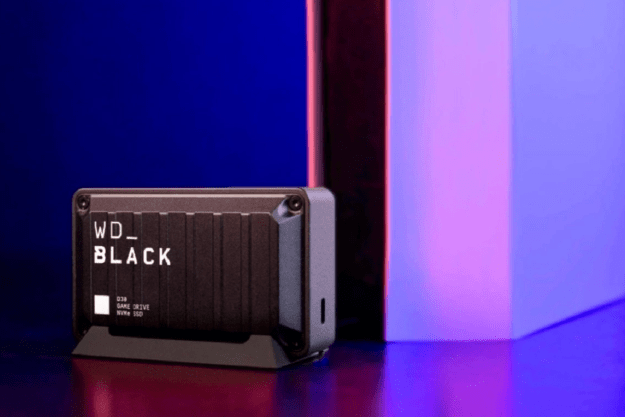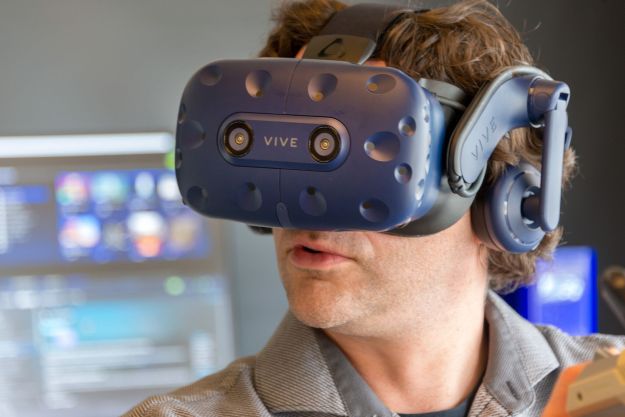
On January 4, 2001, British developer Jagex Game Studio launched Runescape, one of the first games to adopt and thrive using the now-ubiquitous free-to-play scheme employed by almost every new massively multiplayer online game released in our modern era. Oh and how it has thrived. While Runescape never attracted the kind of media attention offered to Blizzard Entertainment’s World of Warcraft or even Sony Online Entertainment’s Everquest, the game still managed to attract a huge number of players, both in the UK and around the world. To date over 200 million player accounts have been registered in Runescape, and despite its relatively advanced age, the game still boasts an active playerbase: In the last year alone, Runescape players accumulated 486 million hours of gameplay time.
“2012 was filled to the brim with content updates both large and small,” said Runescape design director Mark Ogilvie. “Last year saw flurries of graphical reworks of the popular areas of the game, bigger and better boss monsters, an overhaul of the combat system, new starting areas as well as the challenging task of introducing voice acting into the game.”
“For me, the highlight of the year was undoubtedly witnessing the creation of the 200 millionth Runescape account, which secured the game’s place as the most played online game of all time. But 2013 is going to be even better,” Ogilvie added.
Hearing diplomatic excitement from a developer is always nice, but more crucially we’re wondering what Jagex has in store for players. To celebrate the anniversary, the Runescape team is running a drawing. You can find the full explanation on the official Runescape site, but the pertinent paragraph is as follows:
At the end of this we will tally up all of the XP gained [in 12 pre-selected skills], and be awarding 25 spins + a choice of one of the following cosmetics (Green Skin, Flaming Skull, Grand Lightning Pack, Ornate Katana, or the Barbed Bow) to the community members who have obtained the most XP in each skill. Additionally the community member who gains the most XP overall in these 12 skills will receive a Bloodpouncer pet, 75 spins, and a choice of one of the following cosmetics (Green Skin, Flaming Skull, Grand Lightning Pack, Ornate Katana, or the Barbed Bow.
Alright, so it’s mostly cosmetic upgrades, but at least it’s something, right? And asking players to compete against one another is always a nice addition in an MMO. As far as holiday celebrations go, this is pretty typical for any big-name MMO and honestly we would have expected a bit more fanfare given Runescape’s impressive longevity. Then again, this is a free-to-play game and players do tend to get what they’ve paid for. In that light a few minor aesthetic upgrades seems like a perfectly acceptable way to celebrate Runescape entering its teenage years.


